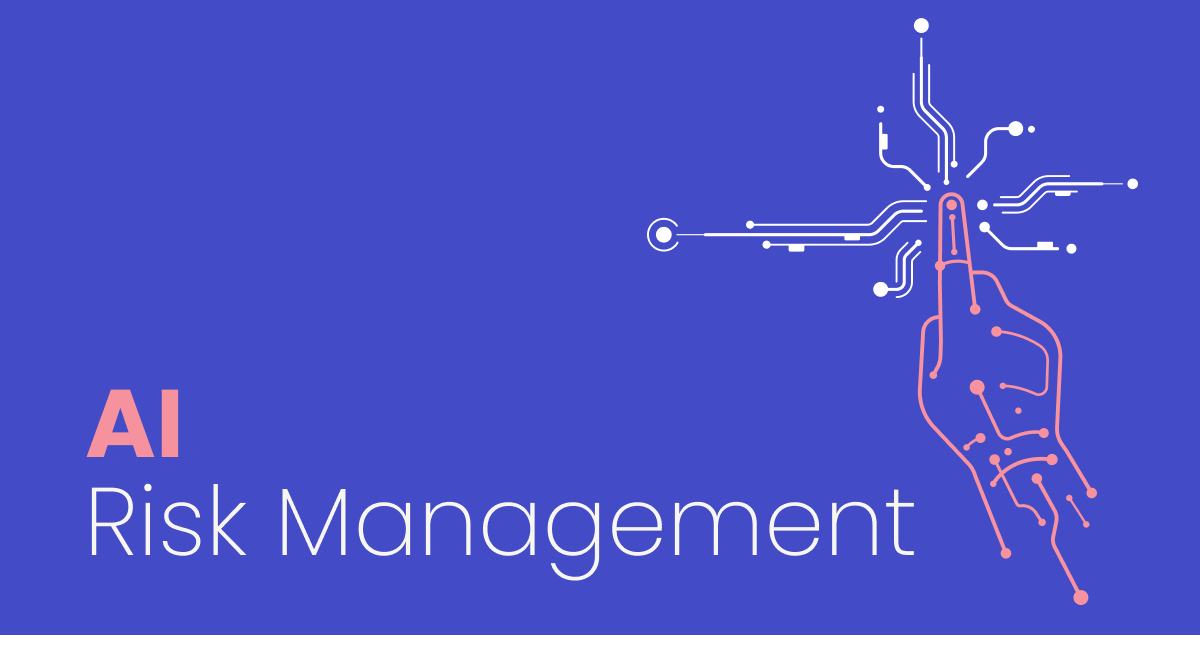Artificial Intelligence (AI) holds immense promise for improving our lives and driving innovation across various industries. However, as we continue to develop and deploy advanced AI systems, it is crucial to acknowledge and address the potential risks that come with this technology. In this article, I will explore the specific risks that AI governance aims to mitigate and the importance of effective AI governance in promoting the responsible development and deployment of AI.

AI systems can bring about significant benefits, from increased efficiency to improved decision-making. However, they also raise concerns related to bias, discrimination, privacy infringement, security vulnerabilities, and ethical dilemmas. Effective AI governance is an essential component in mitigating these risks and ensuring that AI systems are developed and used in a responsible and ethical manner.
So, what specific risks does AI governance aim to address in the development and application of AI technologies? Let’s delve into some of the most pressing concerns.
Bias and Discrimination: AI systems can be influenced by biases present in their training data, making decisions that unfairly disadvantage specific groups based on factors such as race, gender, ethnicity, or socio-economic status. Effective AI governance is crucial to mitigating these biases and fostering fairness and equality in AI decision-making.
Privacy Infringement: AI systems that process and analyze vast amounts of personal data can pose a threat to individuals’ privacy rights. Effective AI governance is essential to implementing robust data privacy protections and ensuring transparency and accountability in handling personal data.
Security Vulnerabilities: AI systems can be susceptible to cyber-attacks and malicious activity, opening the door to potential financial losses, reputational damage, and even physical harm. Effective AI governance is essential to securing AI systems against potential risks and safeguarding against malicious threats.
Ethical Dilemmas: AI systems present complex ethical challenges, including issues related to autonomy, responsibility, transparency, and accountability. Effective AI governance is essential to fostering a societal framework that encourages the ethical development and deployment of AI technologies.
The stakes are high. Failure to address these risks can result in substantial financial, legal, reputational, and ethical consequences, not only for individual organizations but also for society as a whole. Effective AI governance requires a multidisciplinary approach, involving stakeholders from technology, law, ethics, and business sectors.
Fostering a responsible and ethical development and deployment of AI is crucial for realizing its societal benefits while mitigating potential risks. Effective AI governance is key to addressing concerns related to bias, discrimination, privacy infringement, security vulnerabilities, and ethical dilemmas. By focusing on these risks and implementing robust governance frameworks and practices, we can pave the way for a future where AI is developed and used in a socially responsible and ethical manner, ultimately benefiting individuals and society as a whole.

